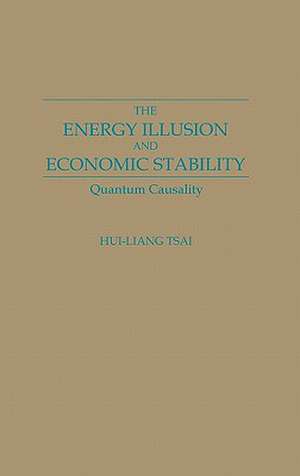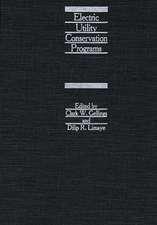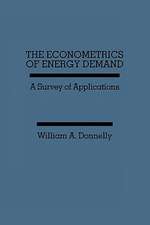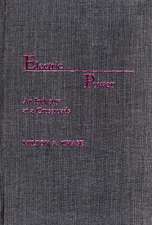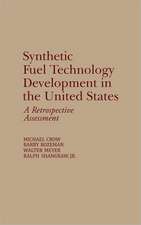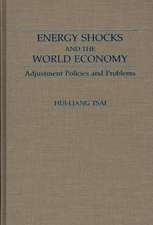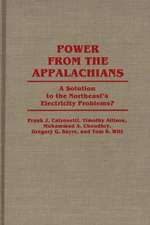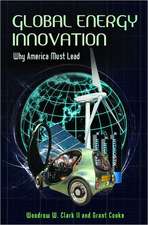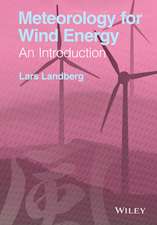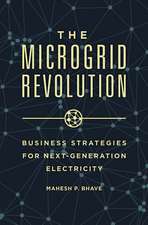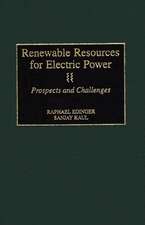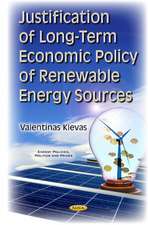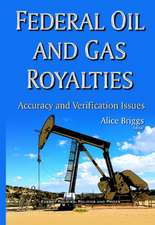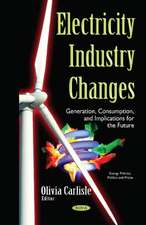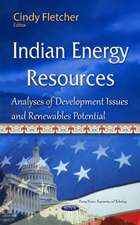The Energy Illusion and Economic Stability: Quantum Causality
Autor Hui-Liang Tsai, Hui-Liang Tsaien Limba Engleză Hardback – 30 iun 1989
An important contribution to the economic literature, this book provides a systematic analysis of the problems of economic growth and stability presented by the changing role of energy in modern economics. The result of a massive study by the author of the effects of energy and energy shocks on the world economy, the volume is organized around the theme that energy is an integral feature of the economy and that any interpretation of short-term movements in economic activity is likely to be seriously at fault if it neglects energy supply changes and their repercussions. The author takes both an historical and theoretical approach to the subject, providing students and scholars of energy economics and political economy with a logical framework within which key worldwide energy issues and problems can be analyzed.
Following an overview of the nature and roots of the energy crisis, Tsai examines the economic aspects of complex contemporary energy issues and problems. He provides a valuable introduction to the technological characteristics of energy, explores future prospects for world energy supply, and offers a synopsis of key elements of U.S. energy legislation. The theoretical and empirical underpinnings of energy-economy interactions and the application of microeconomic techniques to the analysis of energy resources also receive thorough treatment. With the knowledge gained from this book, the reader will be well-equipped to make sound economic judgments concerning energy issues.
Preț: 436.92 lei
Preț vechi: 707.27 lei
-38% Nou
83.63€ • 90.87$ • 70.30£
Carte tipărită la comandă
Livrare economică 21 aprilie-05 mai
Specificații
ISBN-10: 0275931919
Pagini: 212
Dimensiuni: 156 x 234 x 13 mm
Greutate: 0.47 kg
Editura: Praeger
Descriere
Following an overview of the nature and roots of the energy crisis, Tsai examines the economic aspects of complex contemporary energy issues and problems. He provides a valuable introduction to the technological characteristics of energy, explores future prospects for world energy supply, and offers a synopsis of key elements of U.S. energy legislation. The theoretical and empirical underpinnings of energy-economy interactions and the application of microeconomic techniques to the analysis of energy resources also receive thorough treatment. With the knowledge gained from this book, the reader will be well-equipped to make sound economic judgments concerning energy issues.
